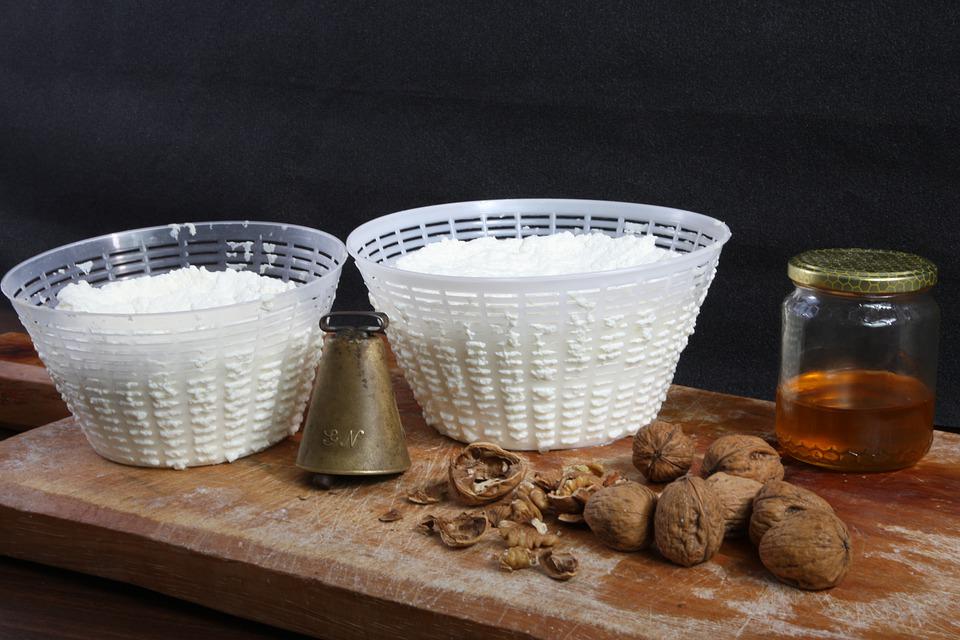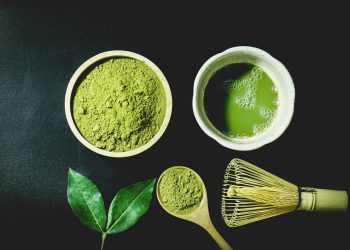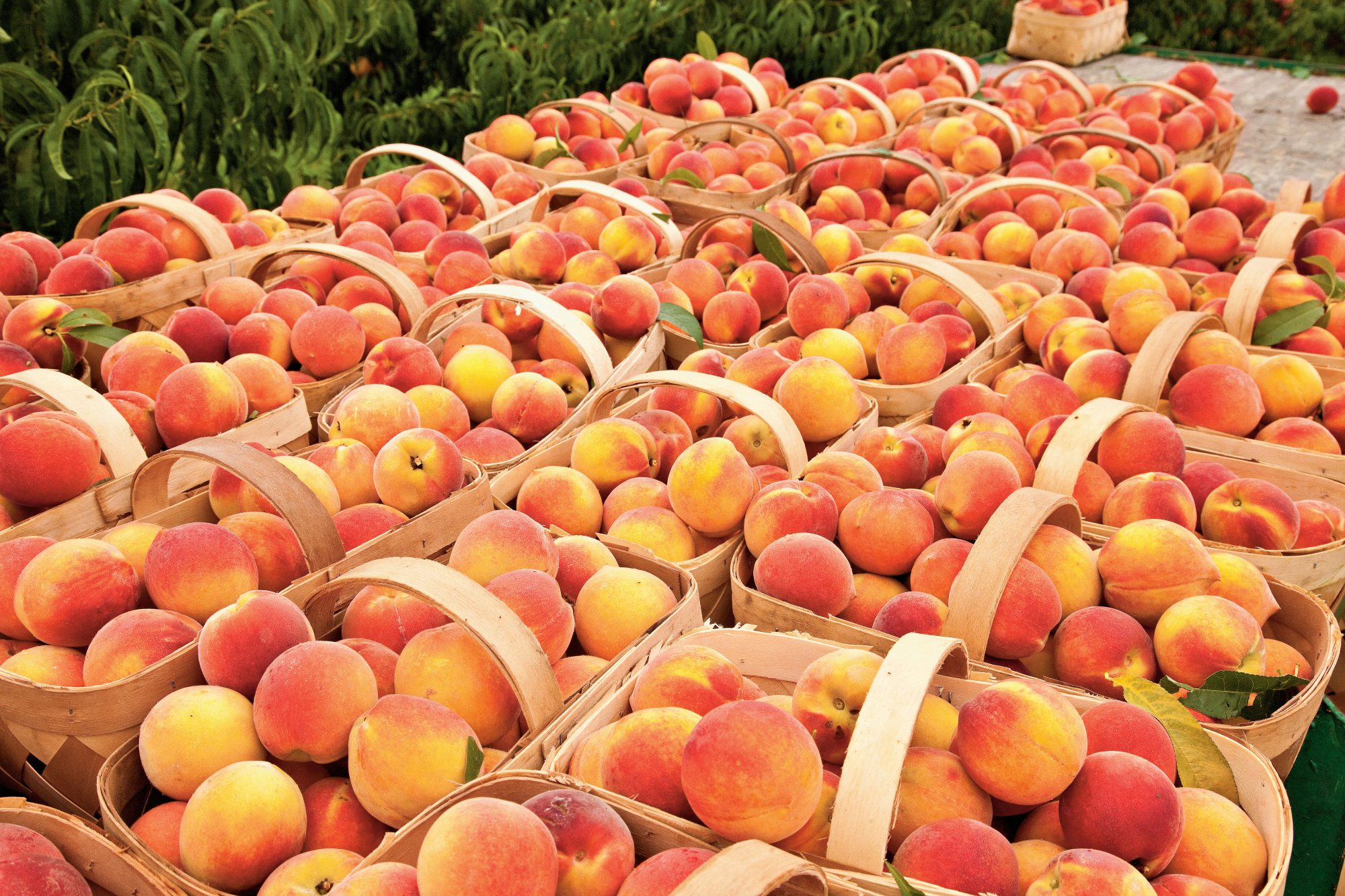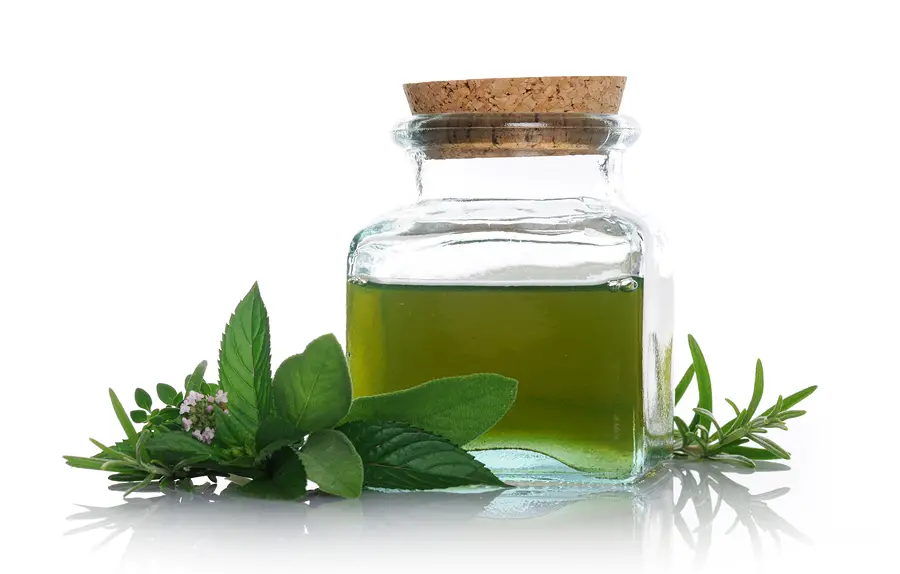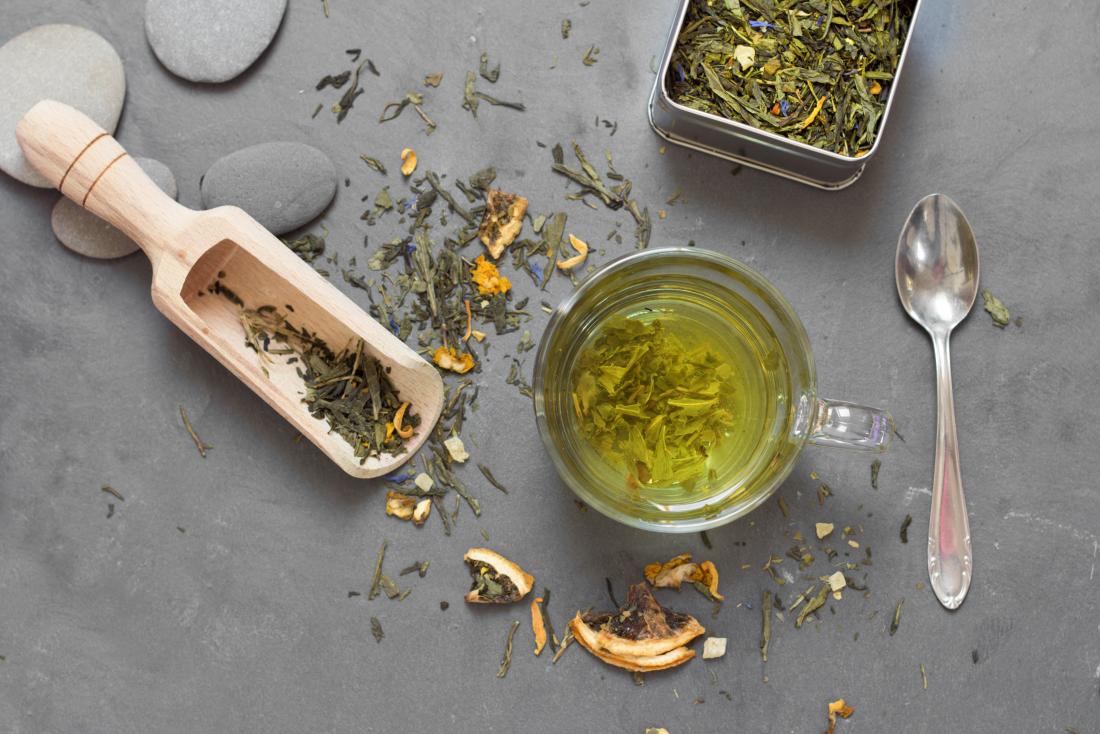Ricotta is a crisp cheese from Italy with a delicate and smooth taste. It has a long history that originated even before the Roman Empire. The English interpretation of ricotta is “recooked,” and this alludes to how the cheese is made.
The process of making ricotta is altogether different from conventional cheese. Makers make it by “recooking” remaining fluids from cheesemaking. Studies say that ricotta cheese came a long way from the bronze age.
Ricotta is the cheese for spinach lasagna, cannelloni, ravioli, pizza, and stuffed shells or penne pasta. It goes great with vegan and meat-based dishes, yet besides, treats. It makes a superb sweet cheese and is particularly appropriate for cheesecakes, chocolate tarts, treats, and for eating it directly.
Eating this specific sort of cheese gives advantages to the mind and sensory system, insusceptible framework, muscles, bones and teeth, vision and skin, and weight reduction. It is an incredible combination of taste and health together. It is perfect for maintaining sound health if it is consumed in a limited amount.
Nutrition Facts about Ricotta Cheese
100 grams of ricotta cheese contains [2] :
Nutrient Amount (kcal/grams)
- Calories: 174 kcal
- Saturated Fat: 8.3 g
- Carbohydrate: 3.0 g
- Monounsaturated Fat: 3.6 g
- Fiber: 0 g
- Omega-3: 112 mg
- Sugar: 2 g
- Omega-6: 273 mg
- Fat: 13.0 g
- Protein: 113 g
Health Benefits of Ricotta Cheese
1. Ricotta Cheese is Rich in Calcium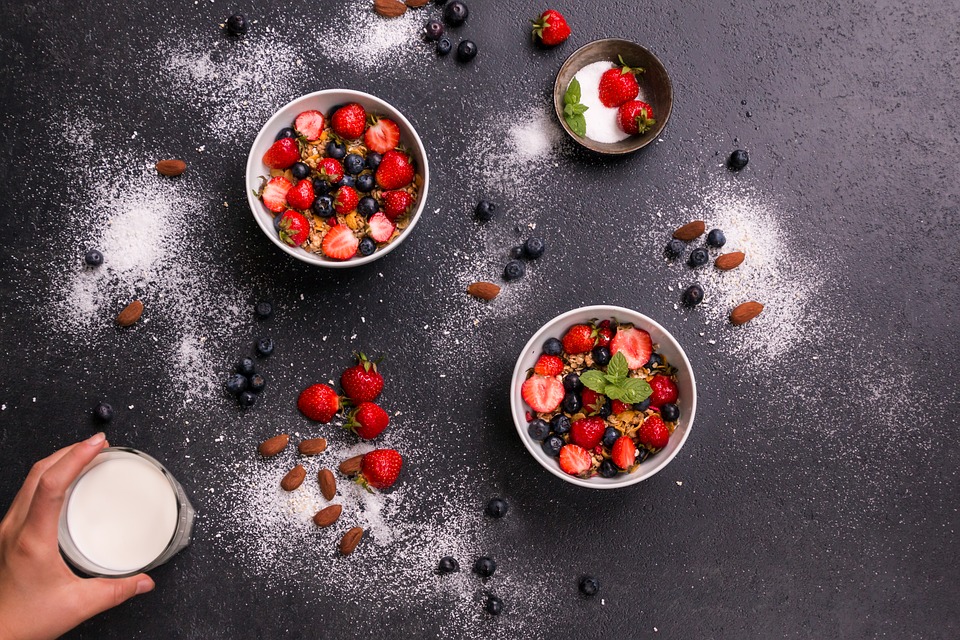
The second mineral that ricotta gives huge sums is calcium. Calcium is one of the significant supplements in all milk and cheese items, and ricotta is the same. In particular, one serving of ricotta supplies more than one-fifth of day by day RDI for calcium.
Calcium has a few significant capacities in the body, and it is especially vital for keeping up solid bones, nerve flagging, and muscle function.
2. It is Good for the Nervous System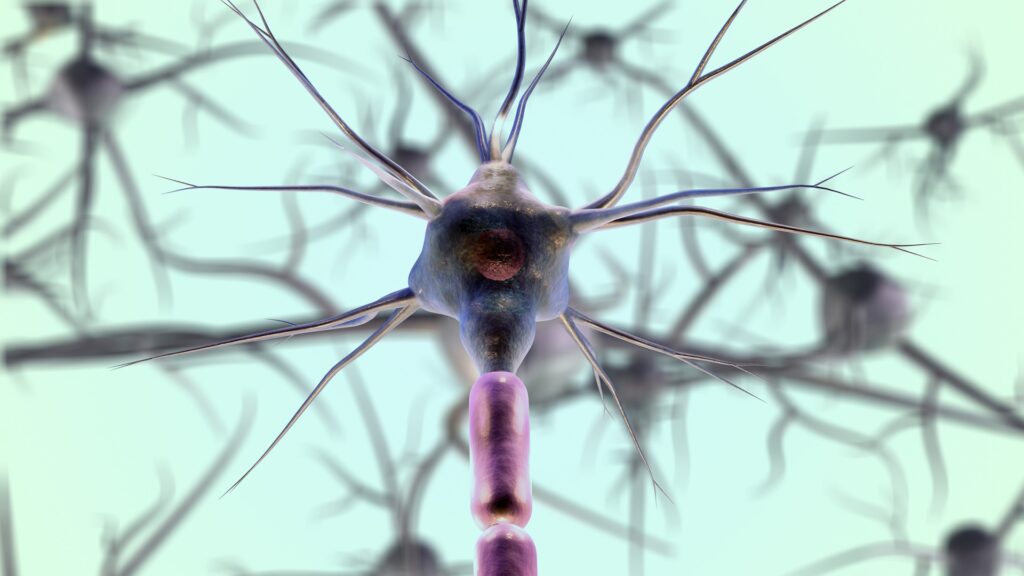
Fat, cholesterol, and protein all serve as significant resources for the sensory system. Omega-3 and Omega-6 unsaturated fats in ricotta add to the arrangement of the cerebrum.
Cholesterol and vitamin B12 help make up the protective myelin covering the tail of nerve cells, which permits nerve cells to convey electrical driving forces and data to the cerebrum.
Protein is composed of amino acids, a significant number of which are necessary for blending synapses utilized by the cerebrum to control emotional wellness, psychological exercises, rest, hunger, and disposition.
3. Ricotta Cheese is High in Protein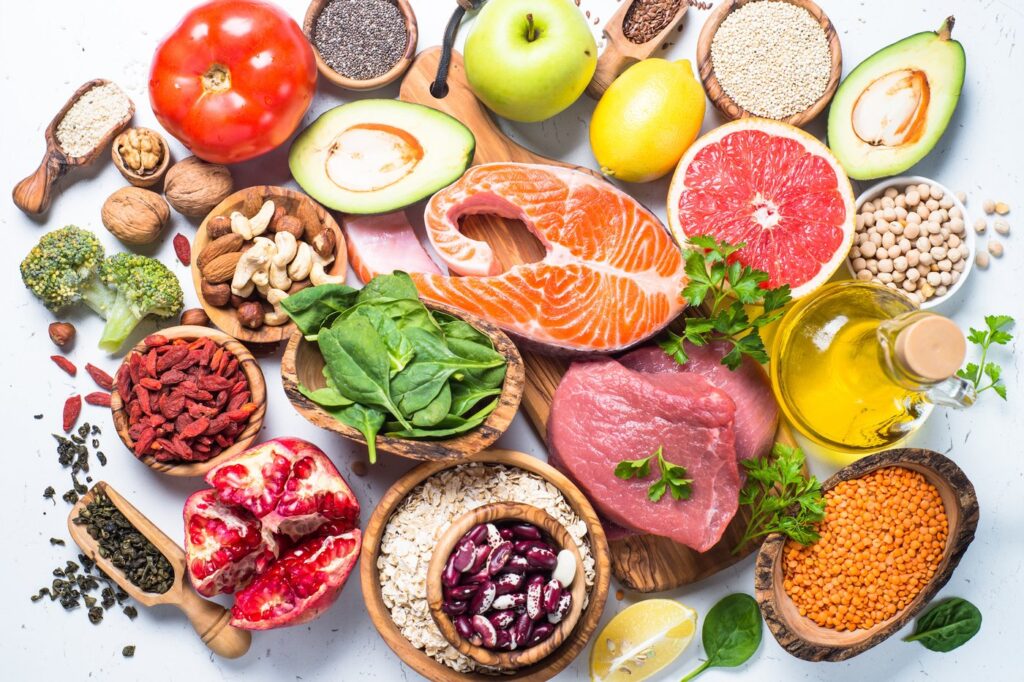
For anybody hoping to increase protein thickness, low-fat ricotta offers a far better measure of protein per calorie.
Per 100 grams, low-fat ricotta gives 11.4 grams of protein, which is just 138 calories. As a creation of dairy, the protein substance of ricotta is a ‘complete protein,’ implying that it has all the essential amino acids in a satisfactory amount.
Protein is significant for structure and looking after muscle, fabricating compounds and hormones, and it assumes a job in keeping bones, skin, hair, and nails stable.
4. It is Helpful for Weight loss and Muscle Gain
Studies demonstrate that eating protein and reasonable measures of fat are best for shedding pounds and picking up muscle.
Fats give longer satiation and vitality, which help to do intense physical exercise, while the amino acids that make protein effectively create bulk.
Amino acids help fix those muscles that have been harmed during physical activity. Ricotta is decent nourishment to eat after an exercise to enable you to get more fit and well-built muscle.
5. Ricotta Cheese is Great for Pregnancy
Ricotta is great for pregnant ladies because it is full of vitamin B12, protein, and fat just as fluctuated B nutrient profiles.
The nutrient B12 in ricotta helps produce red platelets that help the circulatory arrangement of the mother and counteracts iron deficiency brought about by nutrient B12 lack.
Eating ricotta is further useful for pregnant women because it has a rejuvenating, stimulating impact and battles exhaustion. The fats in ricotta help with the mental health of the child in the belly, while protein bolsters resistance and both physical and psychological well-being.
Final Thoughts
Italian cheese makes an extraordinary expansion to practically any eating routine.
Eating ricotta is useful for the cerebrum and sensory system, supporting memory and learning. It decreases mind haze and improves the resistant framework capacity on account of its excellent protein content specifically.
It helps you to get more fit solidly and increase bulk, reinforces bones, and teeth. It also holds benefits for visual perception and skin.
